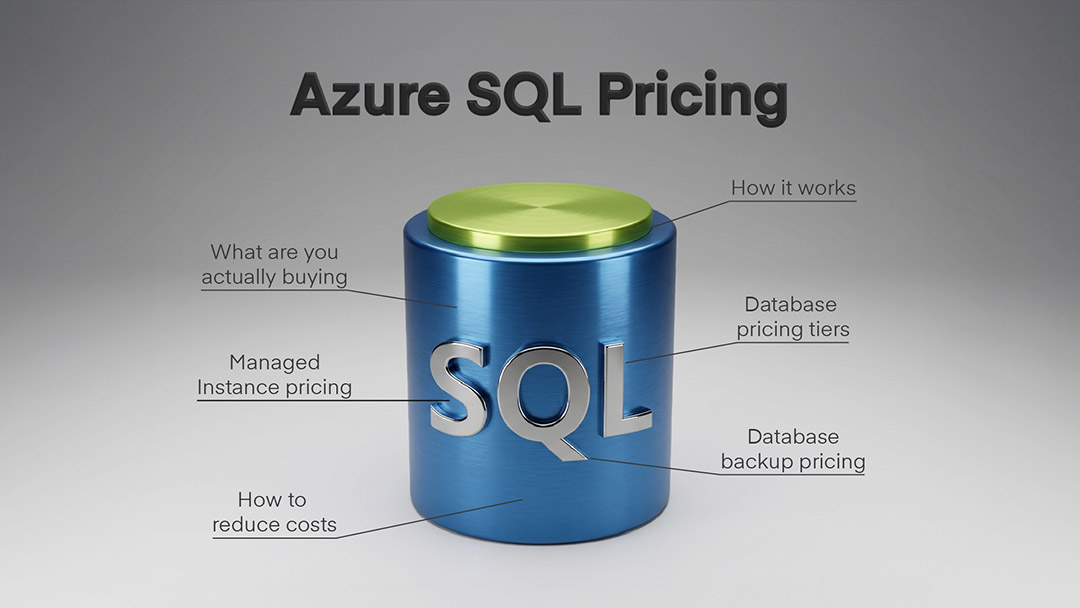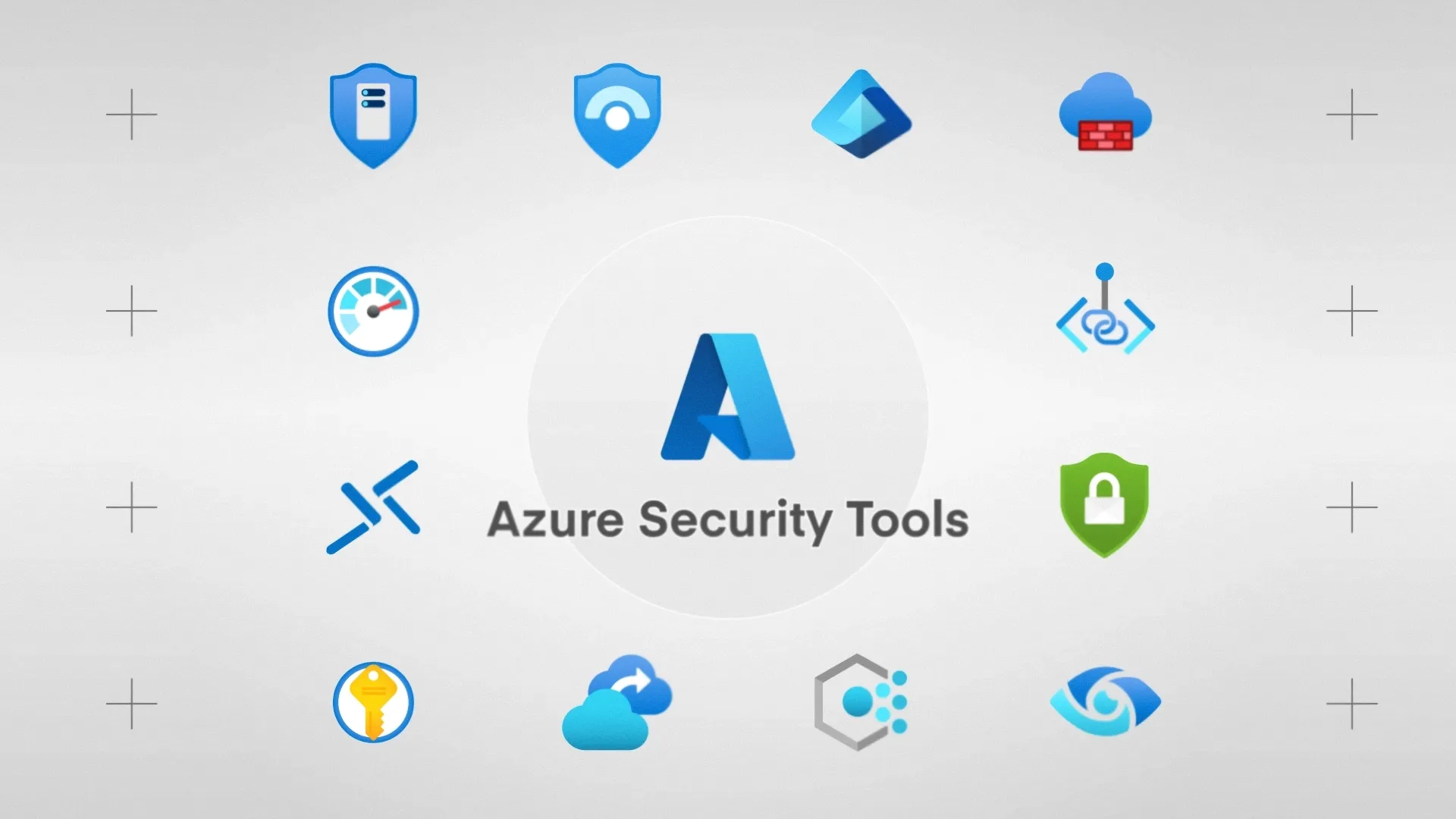In the final days of a year that has thrown up many challenges for businesses of all sizes, it feels good to look ahead to what the future might hold.
It’s clear that 2020 was a defining moment for mobility and the cloud. The rush to move people out of offices meant the adoption of cloud hosting was accelerated and the subsequent remote working revolution created a need to have it. For many it was somewhat haphazard, and so undoubtedly as we look to the year ahead, many organisations will take stock and plan ahead, but the cloud promises the best way to help address the three biggest challenges your businesses may face in the future.
Cloud hosting helps reduce and manage costs
The cost efficiencies of moving to the cloud are numerous. Firstly, there is reduced set-up costs compared with setting up an owned IT infrastructure. Running servers is expensive and can carry hidden expenses that were never budgeted – particularly around management and maintenance of systems. By contrast, infrastructure needs are fulfilled in the cloud by the cloud provider for a fixed outlay which minimises upfront costs. Cloud hosting becomes a utility service and maintenance is no longer a worry.
Hardware needs are also optimised in the cloud – providers optimise the needs of their data centres resulting in economies of scale which are passed on to customers. When an organisation makes the switch to cloud computing the server infrastructure can be shared between the workloads of many clients which ensures that it’s put to best use. Those higher efficiencies of hardware are passed on to customers in terms of reduced costs.
Hand in hand with hardware is energy consumption – and running in-house systems (especially those that might not be using the servers optimally) is a growing expense which is instantly passed to the cloud provider who is able to run at optimal output, once again passing on the reduced cost. There is also a reduced need for a hosting team to deliver the IT required in-house. Fewer compensation costs and benefits as well as the associated expenses such as rent of office space and utility bills.
The cloud enables organisations to swap the cap-ex approach associated with hardware, data centres and people for variable expenses which can be paid for as a utility-based upon consumption.
The cloud helps to plug the IT skills gap
The IT skills gap is well documented and shows no signs of being closed for organisations. Talent is hard to find, difficult to hold on to and is increasingly expensive as a lack of it drives up salaries and costs. Working alongside a cloud provider or managed services companies largely eliminated some of the headaches for organisations who can tap into a pool of knowledge when they move to the cloud.
Cloud computing has accelerated digital transformation, but it has caused many more niche and specialist technological roles around platform expertise, cloud architecture, DevOps and security. This is particularly the case for organisations that are mid-sized and simply don’t have the budget to hire the skills that many of the larger well-known brands may have access to. Working with cloud and managed service providers allow rapid access to the right skills at the right costs to grow their organisations.
The cloud increases security
Cyber threats to most organisations are increasing and becoming more sophisticated – therefore it stands to reason that security is becoming a niche skill in its own right. For mid-sized organisations having access to the best security skills and cloud platforms, especially in the current climate of increased mobility, means protecting data, applications and infrastructure.
Unauthorised data exposures and leaks, weak access controls, susceptibility to attacks and availability disruptions can affect an organisation at any time, but most cloud hosting providers have an enhanced set of security skills and applications to keep data and systems safe, up to date and can provide the ability to monitor unusual activity and trace and respond to threats or unexpected events.
Disaster recovery as a service is also delivered via a cloud computing environment – to rival any in-house IT set up.
Organisations can be sure that moving to cloud hosting will help them solve their three largest challenges and face what the year has in store for us all.
If you’d like to know more about working with a cloud hosting expert, please contact us.




